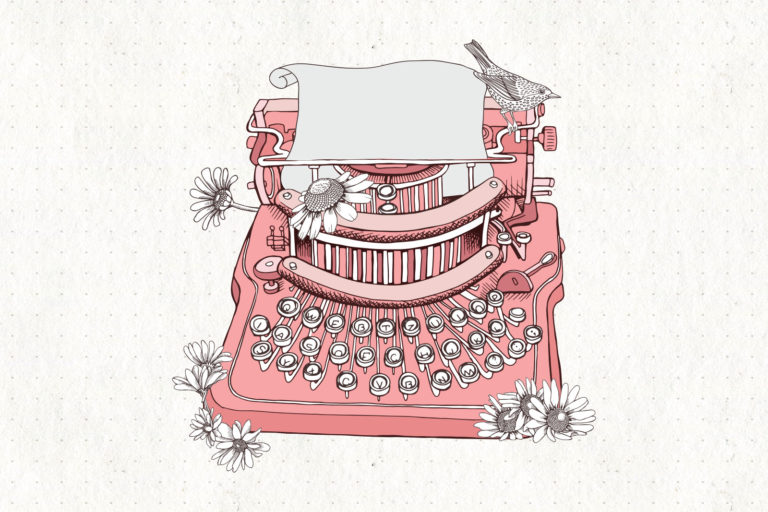
How emotional intelligence is the key to a joyful relationship with the world.
What is Emotional Intelligence?
Are you emotionally aware?
Can you name, see, hear or feel an emotion in yourself or someone else?
Can you express emotions in a healthy and helpful way?
If you answered yes to any of these questions then you are displaying the skills of emotional and social awareness, also known as emotional intelligence (EI).
EI describes the ability to recognise emotions and feelings in oneself and others and having the skill to effectively manage and express these emotions in a positive and productive way, which is a vital skill for teenagers to learn.
4 tips to help build EI
1. Become aware of the emotions within and around you.
Do you remember the Play School song “If you’re happy and you know it, clap your hands”? Even as an adult I love singing this song – it’s all about emotion naming and taming! This nursery rhyme teaches toddlers emotional intelligence; labelling an emotion and learning how to express it in a healthy and helpful way are hugely important skills in developing respectful relationships. Put another way, when Elsa sings “Let it go” in Frozen she’s teaching us to notice, name and express the emotion.
2. Be Mindful
The practise of mindfulness enables ‘us to sit with an emotion’, to feel the emotional energy and then to act by either amplifying the emotion or diffusing the emotional intensity. The ability to let feelings come and go is important because it means we do not become attached to the emotion. This way if something or someone upsets you, you can experience the emotions and feelings associated with being upset and then choose what to do next – act or let it go. What a great skill to have!
3. Move your mood
Physical activity and exercise can trigger the release of some awesome brain neuro-transmitters and hormones; acting to fertilise your brain (enhancing learning) and boost your mood and wellbeing (healthy expression of emotions). Dance, sing, run, swim, surf, lift weights or play sports. Please move and move daily! Do something you love to increase your heart rate and express emotions and feelings.
4. Start with a smile
As we now know, emotional awareness is also the ability to read or interpret social situations. Try this little experiment; smile at someone and observe their response. It is exciting to see what effect your smile can have. Will your act of kindness light up the person and the room? Try to notice the changes. Offer acts of kindness to your family, friends and people you meet and observe their reactions.
If you are looking to boost your emotional awareness you now have some cool strategies to try. And now you know practising the character strength of emotional intelligence can help build respectful relationships and boost wellbeing levels to you and the people you meet.




















